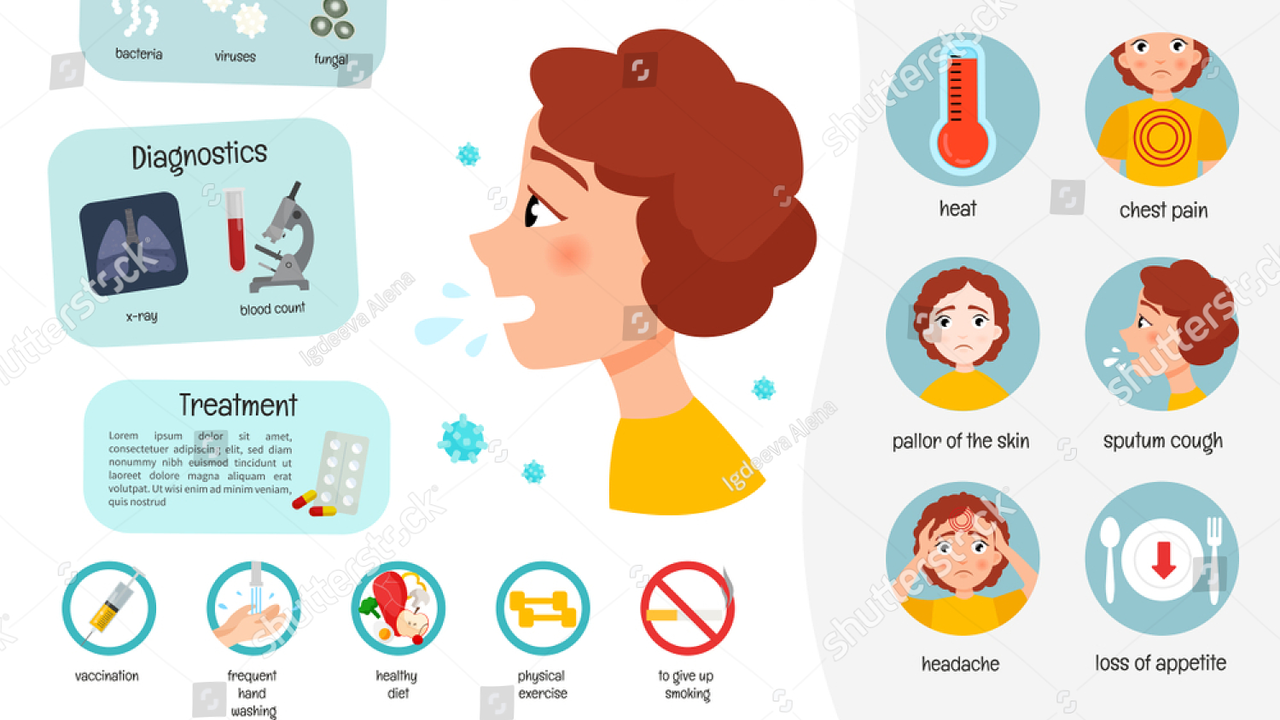Hypocalcemia: What Low Calcium Means for Your Health
Calcium does more than keep your bones strong; it helps muscles, nerves, and the heart work right. When blood calcium drops too low—called hypocalcemia—you’ll feel a range of odd symptoms that can creep up quickly.
Typical Signs You Might Notice
Tingling in your fingers or around the mouth is a classic hint. Muscle cramps, especially at night, often pop up. Some people get a shaky feeling, trouble concentrating, or even mild anxiety. If the drop is sharp, you might see spasms called tetany that make your hands look like they’re curling into fists.
Why Calcium Levels Can Slip
The most common culprits are low vitamin D, which helps absorb calcium from food, and certain medications like diuretics or anti‑seizure drugs. Kidney problems can also keep the body from balancing calcium properly. In rare cases, hormonal issues—like low parathyroid hormone—lead to chronic hypocalcemia.Diet matters too. Skipping dairy, leafy greens, or fortified foods reduces your intake. If you’re on a strict vegan diet, double‑check that you’re getting enough calcium‑rich alternatives and consider a supplement.
Doctors confirm low calcium with a simple blood test. They’ll also check magnesium and phosphate levels because those minerals affect calcium balance. Sometimes an ECG is done to see if the heart’s electrical system is being affected.
Treatment starts with fixing the cause. If vitamin D deficiency is the issue, a short course of high‑dose supplements can bring levels up fast. For acute cases, doctors may give calcium gluconate IV in a clinic or hospital setting. Oral calcium tablets are the go‑to for ongoing maintenance.
While you’re getting treatment, lifestyle tweaks help keep things steady. Include dairy, fortified plant milks, tofu, almonds, and canned fish with bones in your meals. Get sunlight or take vitamin D3 if you don’t get enough sun. Staying hydrated supports kidney function, which plays a big role in calcium regulation.
When should you see a doctor? If tingling lasts more than a few minutes, you have muscle cramps that won’t quit, or you notice irregular heartbeats, get checked right away. Even mild symptoms deserve attention because chronic low calcium can weaken bones over time.
Bottom line: hypocalcemia is manageable when you know the signs, understand why it happens, and act fast with proper supplements and medical advice. Keep an eye on your diet, stay active, and don’t ignore persistent tingles or cramps—your body’s way of saying something needs fixing.
